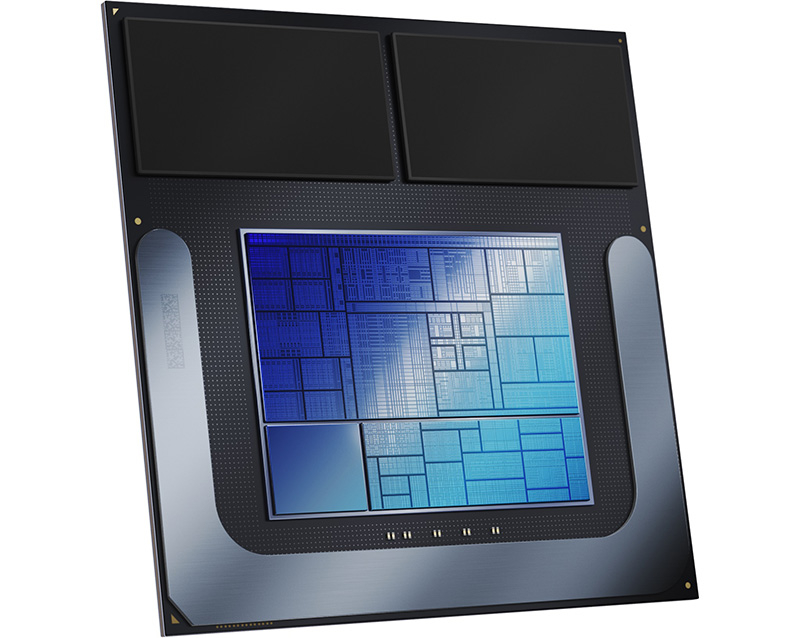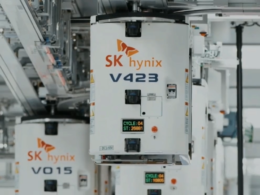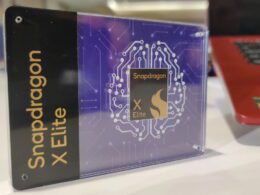Intel’s Lunar Lake processors, initially expected to be fabricated using the advanced Intel 18A process set to debut later this year, will now be produced by Taiwanese firm TSMC.
The Lunar Lake processors are made up of two chiplets: the Compute Tile, housing cores, graphics, and NPU, and the PCT or the Platform Controller Tile, with controllers for Wi-Fi 7, Bluetooth 5.4, PCIe 5.0, PCIe 4.0, and Thunderbolt 4. Both tiles will be fabricated at TSMC facilities; the first using TSMC N3B (3 nm) technology, and the second, TSMC N6 (6 nm) technology. Intel will only be responsible for tile assembly utilizing its Foveros technology.
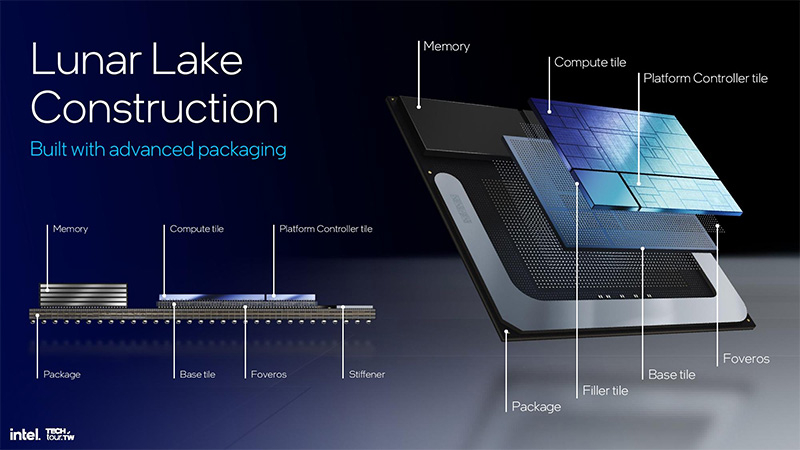
Intel’s previous mobile processor, Meteor Lake, was also partially manufactured at TSMC. However, Intel undertook the production of its main Compute Tile using its Intel 4 process.
Pat Gelsinger, CEO of Intel, defended the switch, commenting, “Lunar Lake chose TSMC as the right technology at the moment. Hence we’ve leaned on it more. Clearly, given the results discussed today, it was a good choice“.
Nevertheless, Intel plans to bring back the manufacture of its next mobile product, Panther Lake, due to release in 2025, to its own factories. According to Gelsinger, “By next year, as we transition into Panther Lake, almost all tiles will be Intel-produced.” The primary components of Panther Lake are expected to be fabricated using the Intel 18A process, and the CEO demonstrated a semiconductor wafer with crystals of these future products.

One significant innovation brought by Lunar Lake is its inclusion of up to 32 GB of LPDDR5X memory directly in the chip’s housing. This memory will technically be added in the form of a pair of microchips, each with a 64-bit bus.
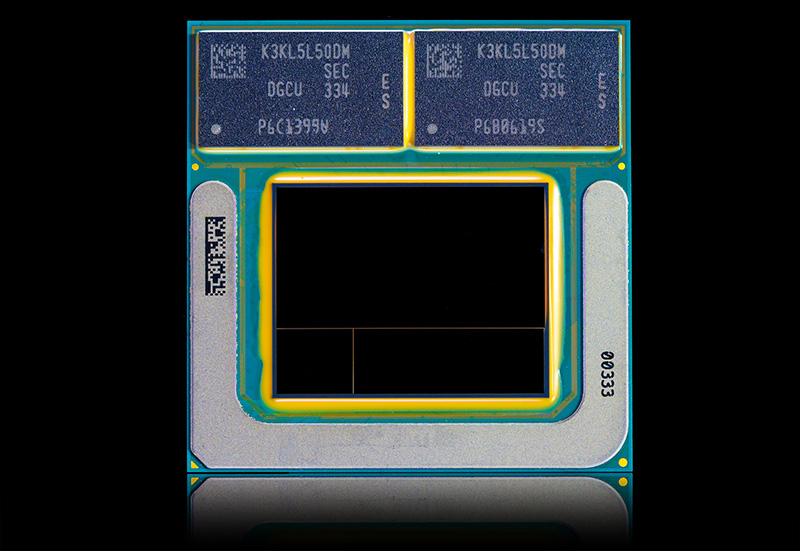
Originally, the Lunar Lake was supposed to be the first product manufactured using Intel 18A technology. However, given the change in plans, the server chip Clearwater Forest will now be the first to utilize this technology.

